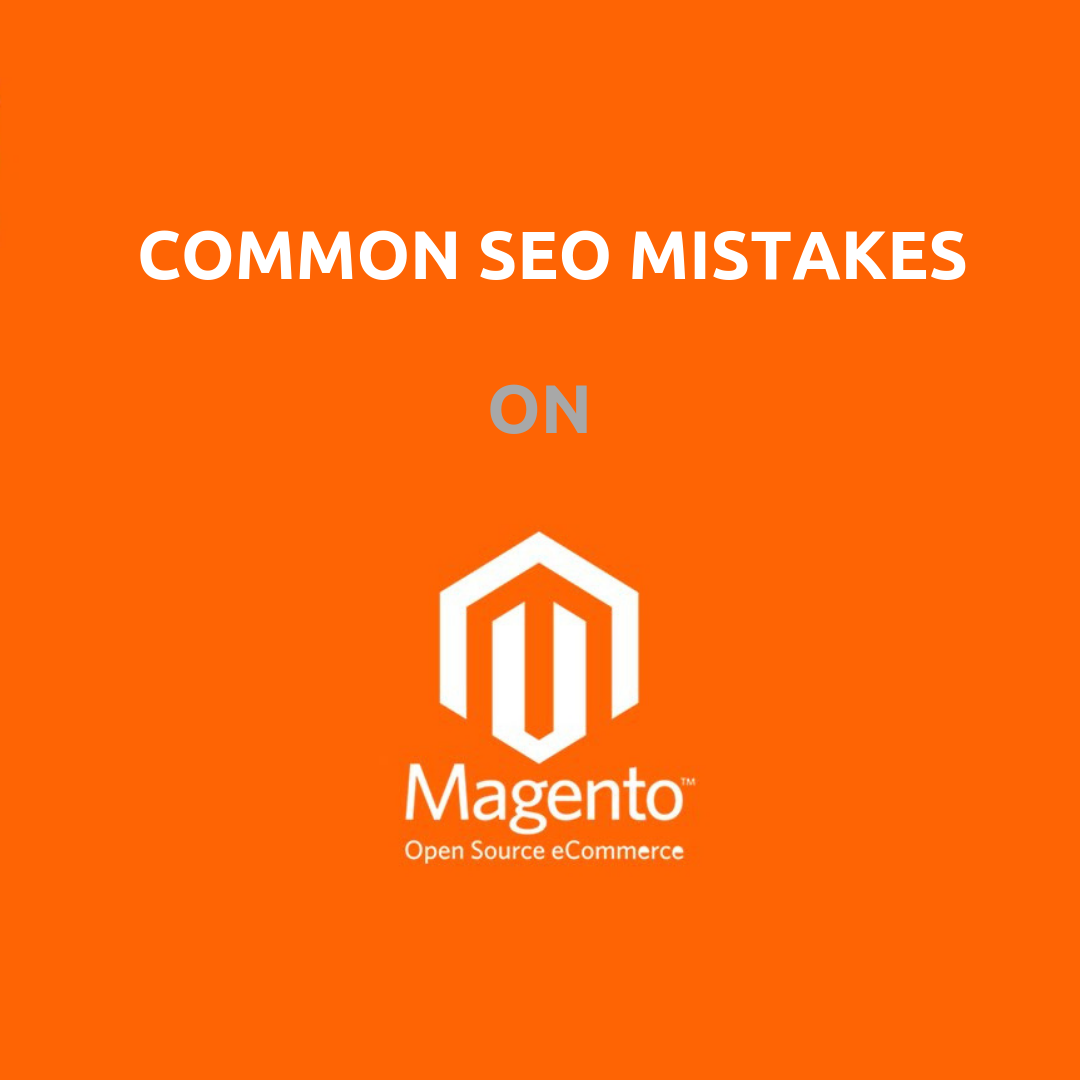An effective ecommerce SEO strategy should be tailored to the specific needs of the business and its customers. It should be continuously monitored and tweaked as search engine algorithms and customer behaviors change.
ECommerce SEO marketing
Ecommerce SEO marketing refers to the use of search engine optimization (SEO) techniques and strategies to promote an online store and increase its visibility in search engine results pages (SERPs). This can include a wide range of tactics, such as keyword research, on-page optimization, link building, content creation, and technical optimization. These tactics are used to improve the store’s ranking for relevant keywords, which can lead to more organic traffic, sales and conversions. Ecommerce SEO marketing also includes ongoing monitoring and reporting of a website’s search engine performance, as well as recommendations for further optimization. Additionally, it also includes other marketing aspects like analyzing competitors, tracking customer behavior and creating a long-term SEO plan. Ecommerce SEO marketing is an important aspect of online marketing for ecommerce businesses as it can provide a significant return on investment and help increase the visibility of the store.
ECommerce SEO Best Practices
Ecommerce SEO best practices are the guidelines, strategies, and tactics that have been proven to be most effective in optimizing an online store for search engines. These best practices can include:
- Conducting thorough keyword research to identify relevant keywords and phrases that potential customers use when searching for products and services similar to those offered by the ecommerce store.
- Creating high-quality, relevant, and unique content for the website to attract more organic traffic.
- Optimizing product and category pages, meta descriptions, and header tags for both search engines and users.
- Building high-quality backlinks from other websites to the ecommerce store to help it rank higher in search engine results pages.
- Making sure that the website is technically optimized by fixing issues like broken links, website speed, and mobile-friendliness.
- Monitoring and analyzing website’s performance, and making changes accordingly.
- Creating a long-term SEO plan and regularly updating it.
- Focusing on user experience, in order to provide the best possible experience for customers.
By following these best practices, ecommerce businesses can improve their visibility in search engine results pages, drive more organic traffic to their website, and ultimately increase sales and conversions.
ECommerce SEO Audit
During an ecommerce SEO audit, different areas of the website are evaluated, such as:
- Technical SEO: checks for issues like crawlability, mobile-friendliness, and website speed
- Content and On-page optimization: examines the quality and relevance of the website’s content, including product and category pages, meta descriptions, and header tags
- Link structure: analyzes the website’s internal and external links to determine if they are helping or hurting the website’s search engine performance
- Tracking and analytics: checks if the website is properly tracking and monitoring its search engine performance, and the data that can be used for future optimization
The audit will usually include recommendations for improvements to the website’s SEO, as well as a plan for implementing these changes. An ecommerce SEO audit is a crucial step for ecommerce businesses to understand their current SEO standing and create a plan for improving their search engine visibility and drive more organic traffic.
ECommerce SEO Keyword Research
Ecommerce SEO keyword research is the process of identifying and analyzing keywords related to the products or services offered on an ecommerce website in order to optimize the site for search engines and drive more organic traffic. This includes identifying high-traffic, high-converting keywords to target in the website’s content, meta tags, and product titles, as well as analyzing the competition for those keywords. The goal is to improve the visibility and rankings of the site in search engine results pages for relevant queries.
Optimizing ECommerce Website for Search Engines
Optimizing an ecommerce website for search engines involves making technical and content-related adjustments to the site to improve its visibility and rankings in search engine results pages. This can include on-page optimization, such as optimizing title tags, meta descriptions, and header tags, as well as improving website structure and navigation. Additionally, it may also include off-page optimization, such as building backlinks and increasing social media engagement. The goal is to improve the website’s search engine rankings for relevant keywords and drive more organic traffic to the site.
On-page SEO for ECommerce
On-page SEO for ecommerce refers to the optimization of the content and structure of an ecommerce website in order to improve its visibility and rankings in search engine results pages. This includes optimizing title tags, meta descriptions, header tags, and images with alt tags, as well as improving website structure, navigation and internal linking. Additionally, it also includes optimizing product pages, category pages, and other important pages on the website with relevant keywords and meta tags, to make it more search engine friendly. The goal of on-page SEO is to make the website easy to crawl and understand for search engines, which can help to improve the website’s visibility and rankings for relevant keywords and drive more organic traffic to the site.
Website Optimization for ECommerce SEO
Website optimization for ecommerce SEO refers to making technical and content-related adjustments to an ecommerce website in order to improve its visibility and rankings in search engine results pages. This process includes on-page optimization, such as optimizing title tags, meta descriptions, header tags, and images with alt tags, as well as improving website structure, navigation, and internal linking. Off-page optimization, such as building backlinks, can also be used to improve the website’s search engine rankings. Other best practices such as implementing structured data, optimizing for mobile and local SEO, and regularly producing high-quality, keyword-rich content can also help to improve the ecommerce website’s search engine rankings.





